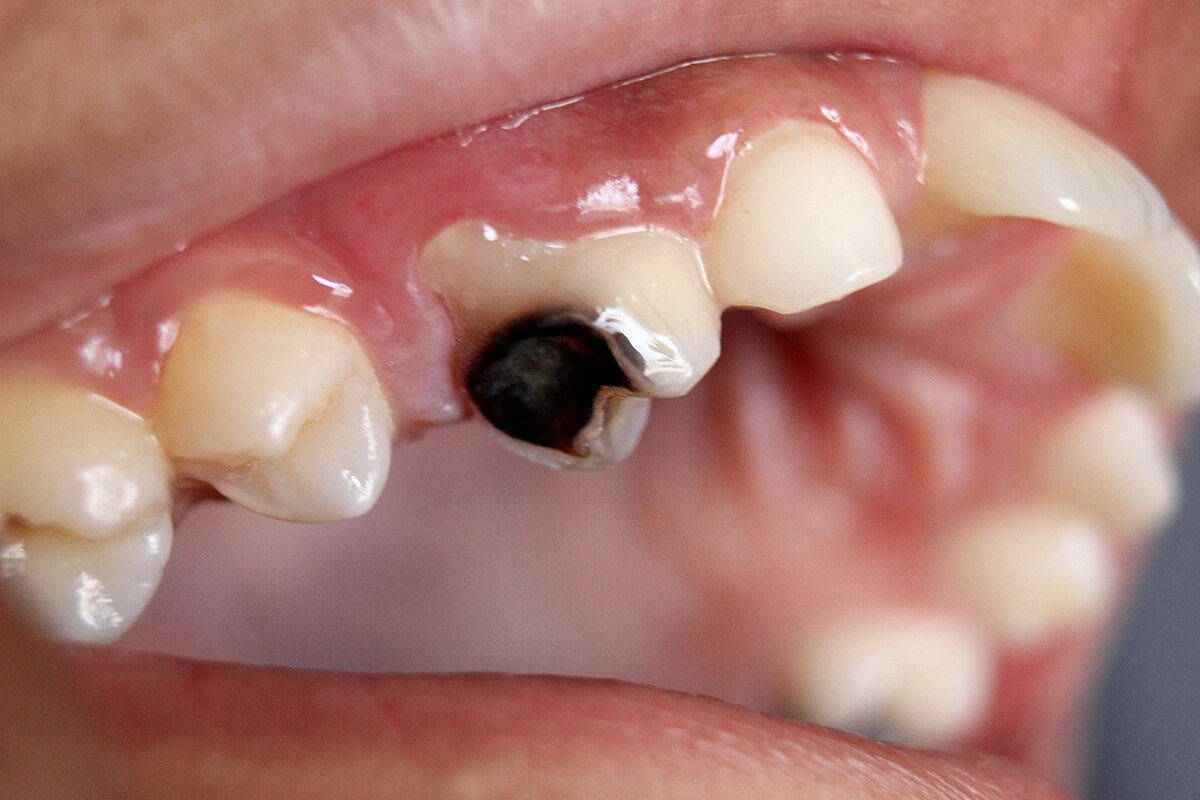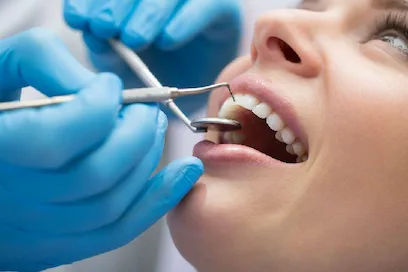Top 10 Things to Know About Cavities
Cavities, also known as dental caries, are one of the most common oral health issues affecting people of all ages. They can be painful, lead to more serious dental problems, and, if left untreated, even impact your overall health. However, cavities are also highly preventable with the right knowledge and habits. Here are the top 10 things you need to know about cavities, from what causes them to how you can avoid them.
1. Cavities Are Caused by Bacteria
Cavities form when bacteria in your mouth break down sugar and starches from food into acids. These acids combine with plaque to attack the enamel, creating holes or “cavities” in your teeth.
Key Tip:
- Limit sugary and starchy foods, and brush your teeth twice a day to reduce bacterial buildup.
2. Poor Oral Hygiene Increases Your Risk
Inadequate brushing and flossing can leave behind plaque and food particles, creating an environment where bacteria thrive. Over time, this leads to cavities.
Key Tip:
- Brush your teeth for two minutes, twice a day, and floss daily to keep your teeth clean and cavity-free.
3. Cavities Can Be Painless at First
Cavities don’t always cause pain in their early stages, making it easy to overlook them. By the time you feel discomfort, the decay may have progressed significantly.
Key Tip:
- Regular dental checkups can help detect and treat cavities early before they become painful.
4. Cavities Aren’t Just for Kids
While cavities are common in children due to their developing teeth and sugary diets, adults are also at risk. Factors like gum recession, dry mouth, and old dental fillings can make adults susceptible to cavities.
Key Tip:
- Adults should prioritize oral hygiene and avoid sugary snacks to minimize cavity risk.
5. Certain Foods and Drinks Promote Cavities
Sugary snacks, acidic beverages like soda, and sticky foods like candy or dried fruits can increase your risk of cavities. These foods stick to your teeth, feeding harmful bacteria.
Key Tip:
- Choose tooth-friendly snacks such as fresh fruits, vegetables, and dairy products, and drink plenty of water to rinse away food particles.
6. Fluoride Is Your Best Defense
Fluoride strengthens enamel, making it more resistant to the acids produced by bacteria. It’s found in toothpaste, some mouthwashes, and even drinking water in many areas.
Key Tip:
- Use fluoride toothpaste and consider fluoride treatments at the dentist to protect your teeth.
7. Cavities Can Affect Any Tooth
While cavities are more common in molars and premolars due to their grooves and pits, they can form on any tooth, including the front teeth and along the gumline.
Key Tip:
- Pay attention to all areas of your mouth when brushing and flossing, not just the back teeth.
8. Dry Mouth Increases Cavity Risk
Saliva plays an essential role in washing away food particles and neutralizing acids in your mouth. Dry mouth, caused by medications, dehydration, or medical conditions, can lead to more cavities.
Key Tip:
- Stay hydrated, chew sugar-free gum to stimulate saliva, and discuss dry mouth solutions with your dentist if needed.
9. Cavities Can Be Prevented
The good news is that cavities are preventable with consistent oral hygiene, a balanced diet, and regular dental visits. Simple habits can go a long way in protecting your teeth.
Key Tip:
- Brush, floss, use fluoride, and visit your dentist every six months to keep cavities at bay.
10. Untreated Cavities Can Lead to Serious Problems
If cavities aren’t treated, they can cause toothaches, infections, and even tooth loss. Advanced decay can also spread to other teeth or lead to abscesses, requiring more complex treatments like root canals or extractions.
Key Tip:
- Don’t ignore signs of a cavity, such as tooth sensitivity or discoloration. Early treatment can save your tooth and prevent complications.
Conclusion
Understanding these 10 key things about cavities empowers you to take control of your oral health. From practicing good hygiene and limiting sugary foods to scheduling regular dental checkups, you can protect your teeth from decay. Cavities are common, but with the right steps, they’re also highly preventable.
Don’t wait for tooth pain to remind you to care for your smile—take action today to keep your teeth healthy and cavity-free!






